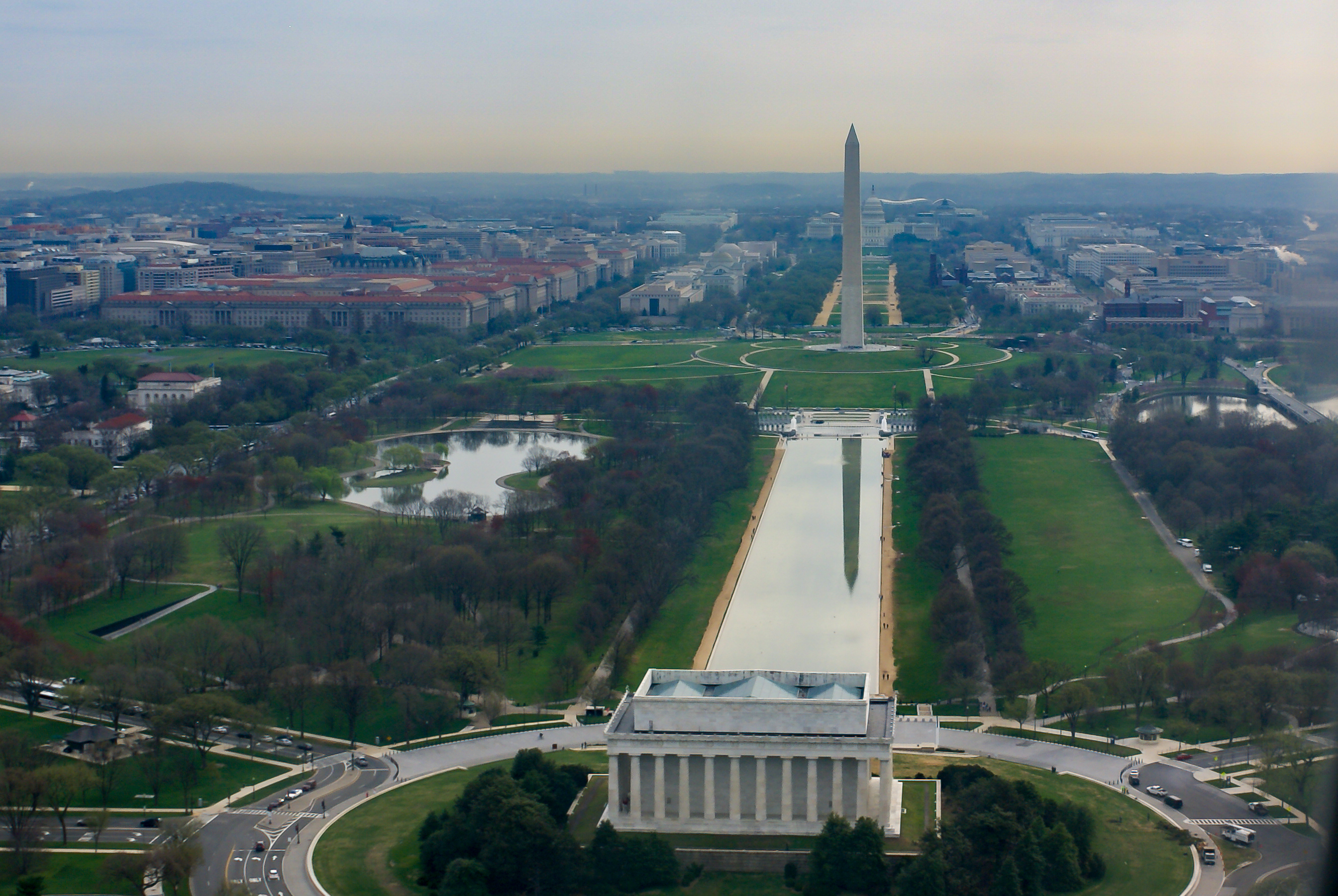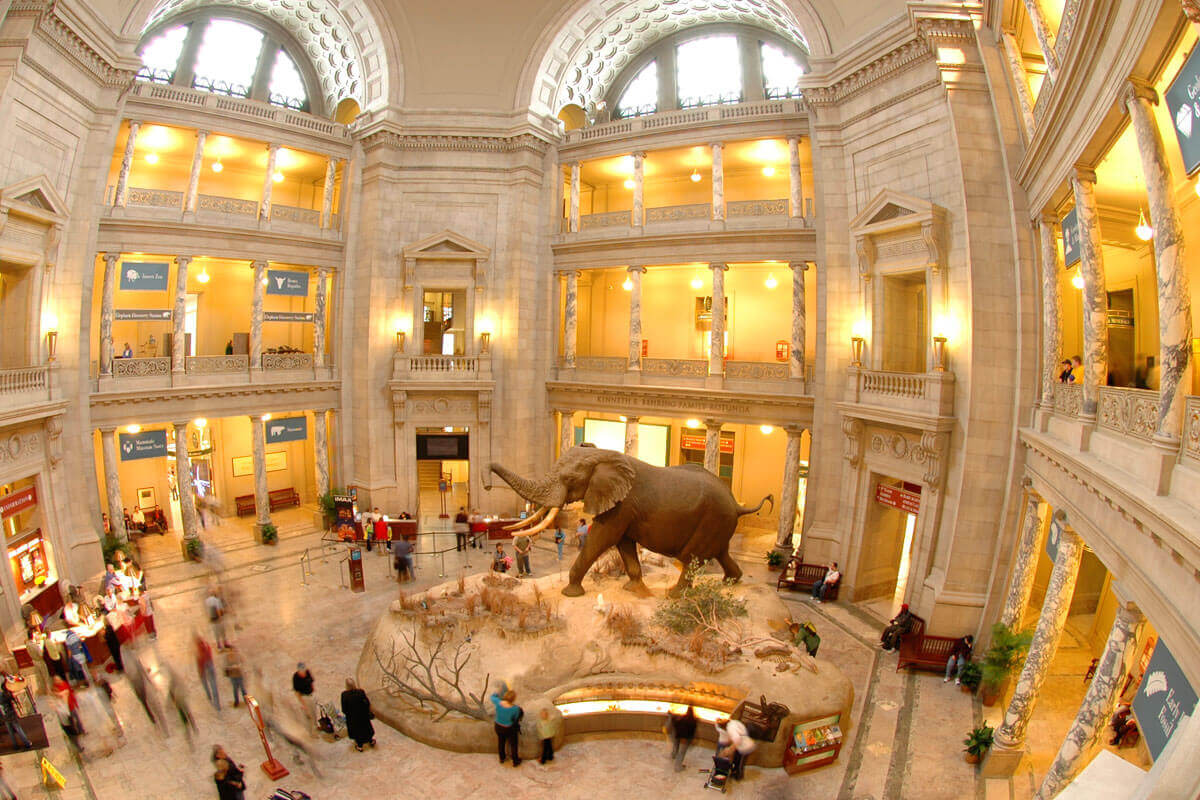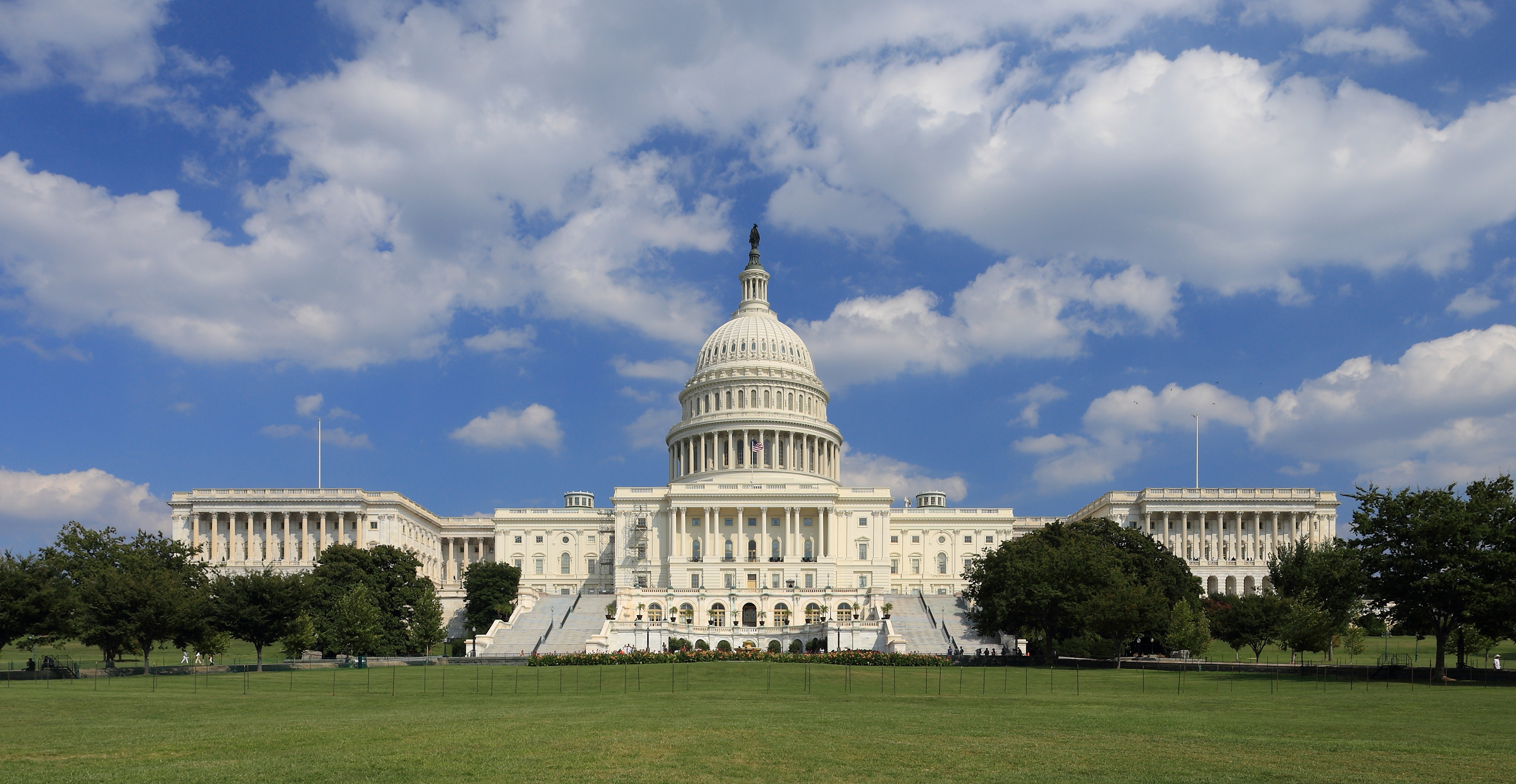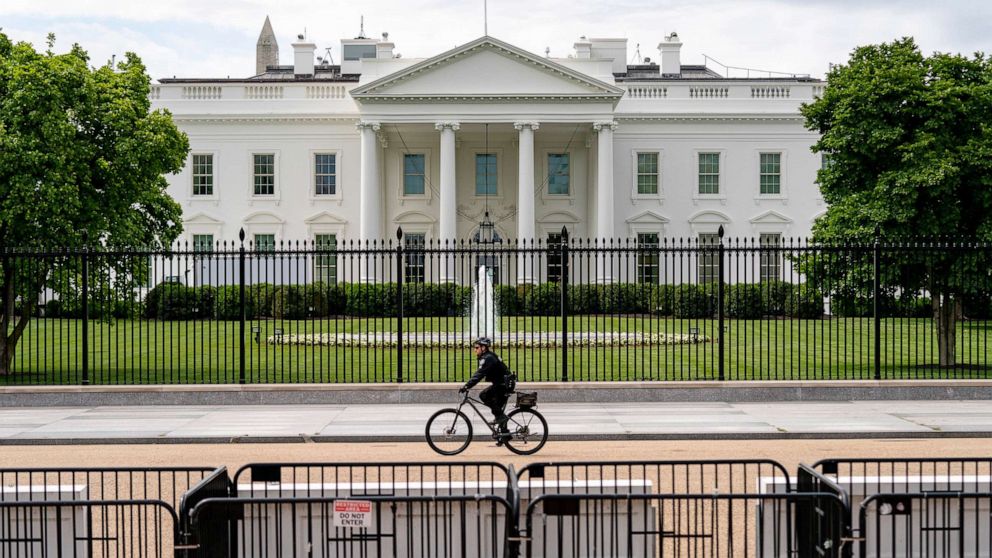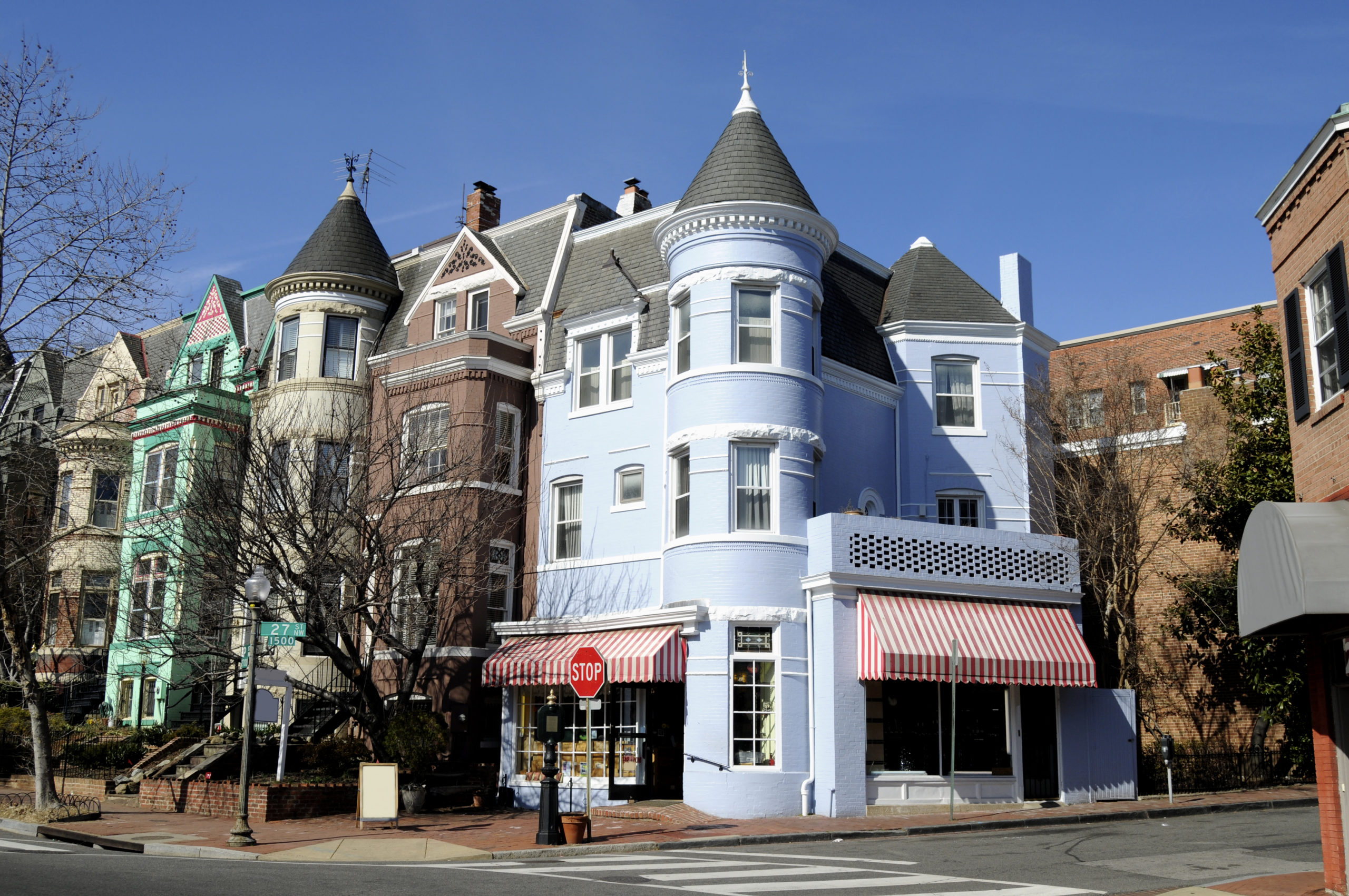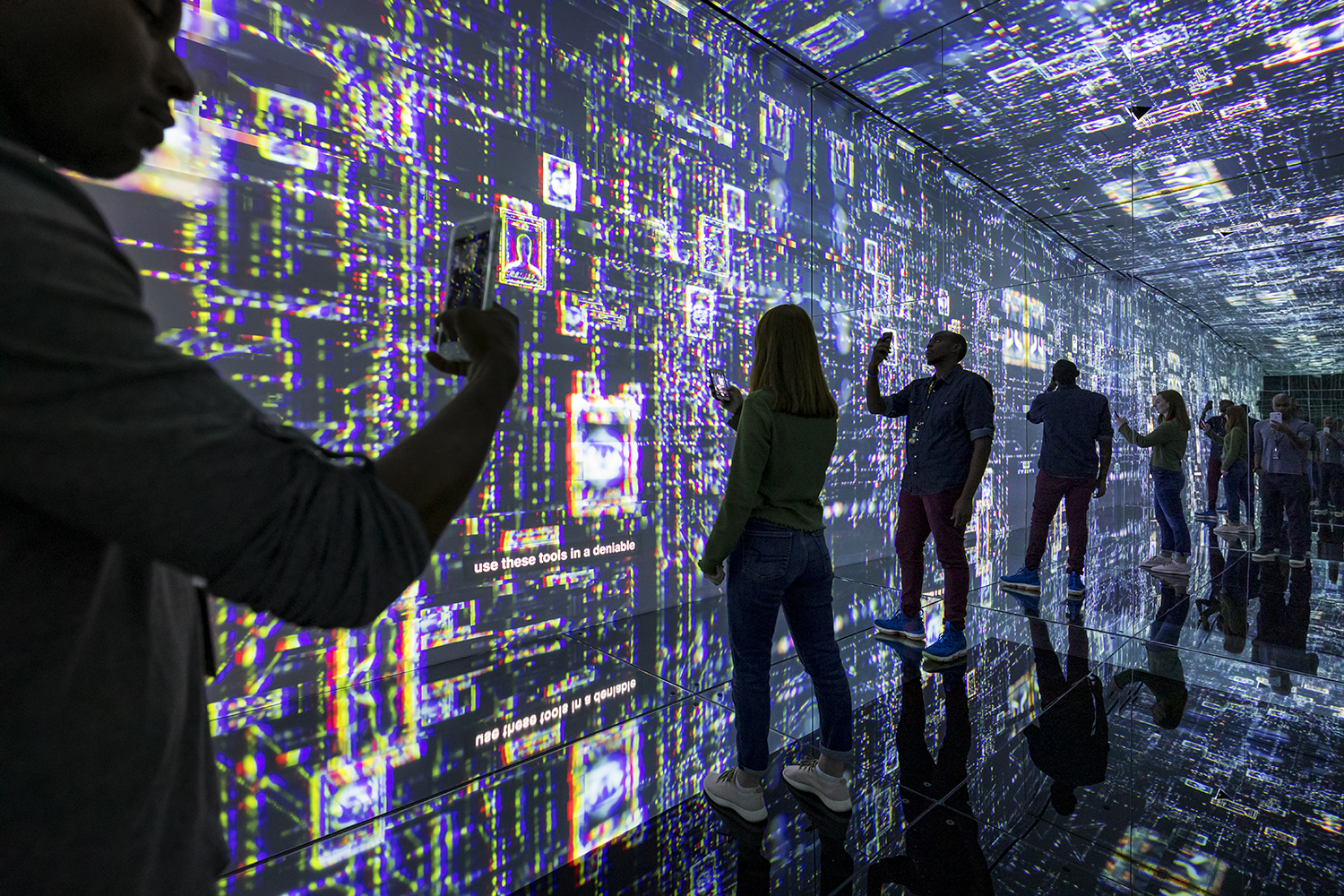What To Do In Washington DC? [2025 Tourist Guide]
Find out what to do in Washington, DC, with our curated list of top attractions and fun activities for all ages.
Author:Tyreece BauerReviewer:Karan EmeryJan 09, 2025118.6K Shares1.5M Views
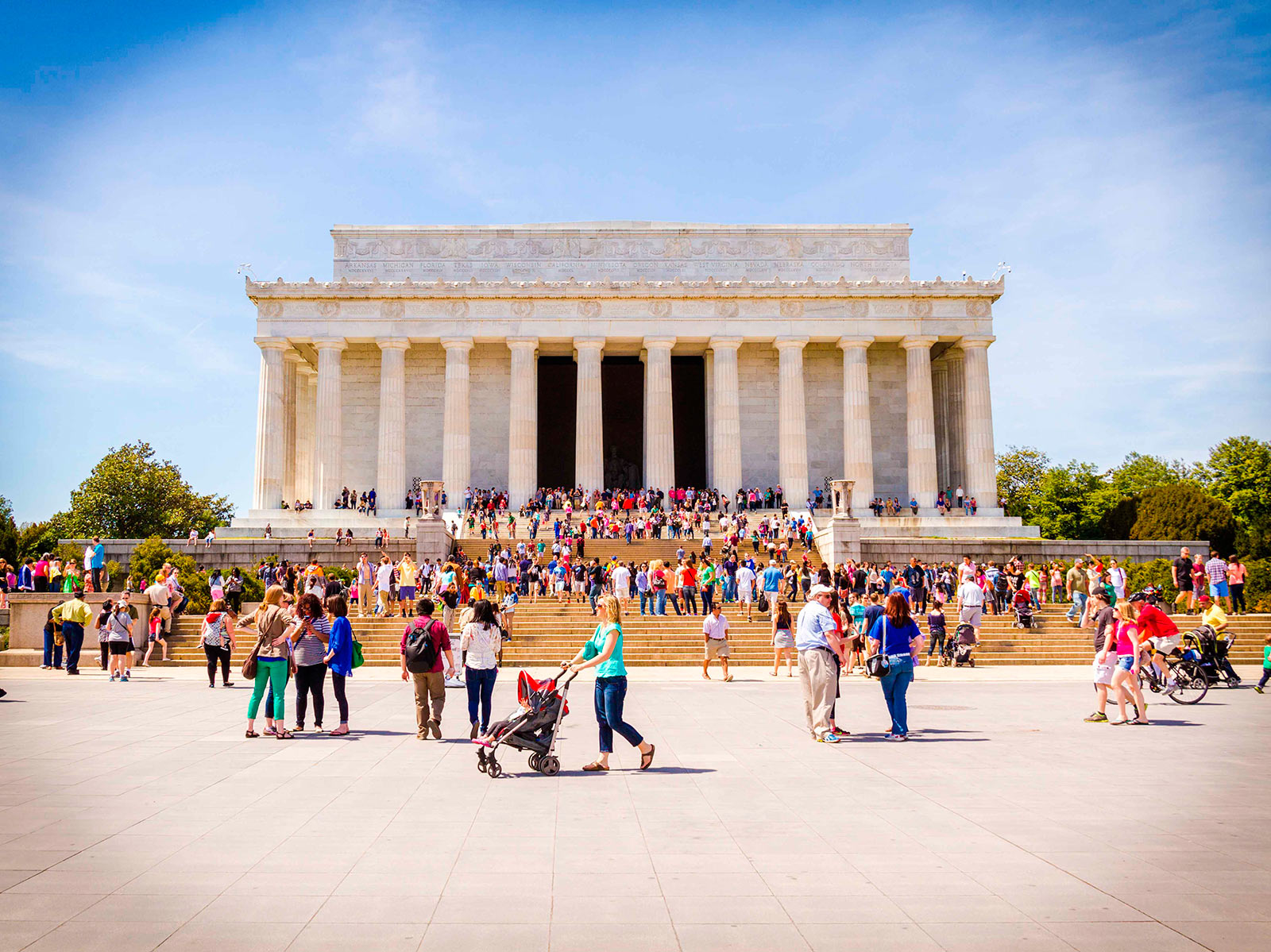
Washington, D.C., the capital of the United States, is a city steeped in history, culture, and political significance. From iconic landmarks to vibrant neighborhoods, the city offers a myriad of experiences for visitors. Let's embark on a journey through the heart of the nation's capital, exploring what to do in Washington DC.
From concerts and cultural events to American history, free sights, and so much more, you can find the greatest options of what to do in Washington DC. It should come as no surprise that Washington, D.C.'s top attractions frequently involve politics, the city's main industry.
Of course, the White House and the U.S. Capitol are among them, as are memorials and historic locations honoring famous people who had a significant influence on the history of the country.
National Mall And Monuments - A Stroll Through History
The National Mall in Washington, D.C., stands as a testament to the nation's history, serving as a vast open space flanked by iconic monuments and memorials. Embarking on a journey through the National Mall is a compelling exploration of America's heritage.
One of the most iconic landmarks on the National Mall is the Lincoln Memorial. Dominating the western end of the Mall, this majestic structure houses a seated statue of Abraham Lincoln, the 16th President of the United States. The memorial is not just an architectural marvel; it's a symbol of unity and equality. The Reflecting Pool stretching from the Lincoln Memorial to the World War II Memorial offers a serene reflection of history.
At the heart of the National Mall stands the Washington Monument, an enduring symbol of the nation's first president, George Washington. This towering obelisk, rising 555 feet into the sky, provides panoramic views of the city from its observation deck. Its presence is a reminder of the ideals upon which the United States was founded.
The National Mall is also home to the World War II Memorial, an expansive tribute to the 16 million people who served in the American armed forces during World War II. Nearby, the Vietnam Veterans Memorial, consisting of the Wall, the Three Servicemen Statue, and the Vietnam Women's Memorial, stands as a poignant reminder of the sacrifices made during the Vietnam War.
These monuments collectively create a landscape that invites reflection and honors the valor of those who shaped the course of American history.
Smithsonian Museums In D.C.: Must-see Exhibits
The Smithsonian Institution, an unparalleled cultural and educational institution, enriches the National Mall with its diverse array of museums. From art to aviation, natural history to space exploration, the Smithsonian museums offer a captivating journey through human achievement.
Step into the National Air and Space Museum and be transported to the skies and beyond. Home to historic aircraft, spacecraft, and aviation artifacts, this museum showcases the progression of flight from the Wright brothers' pioneering days to modern space exploration. From the Wright Flyer to the Apollo 11 command module, the museum invites visitors to witness the marvels of aeronautical history.
The National Museum of American History unveils the layers of America's story through its vast collection of artifacts. From the Star-Spangled Banner that inspired the national anthem to the First Ladies' Inaugural Gowns, the museum provides a tangible connection to the people and events that shaped the nation.
For art enthusiasts, the National Gallery of Art offers a visual symphony spanning centuries and continents. From Renaissance masterpieces to contemporary works, the museum's East and West Buildings house an extensive collection that caters to a wide range of artistic tastes. The Sculpture Garden, an outdoor oasis, complements the indoor galleries with its captivating installations.
These Smithsonian museums are not only repositories of knowledge but also spaces that encourage curiosity and exploration. The best part? Most of them are free to enter, making them accessible to everyone.
Capitol Hill And The U.S. Capitol - Democracy In Action
In the heart of Washington, D.C., Capitol Hill stands as a symbol of American democracy, housing the U.S. Capitol, the seat of the United States Congress. A visit to Capitol Hill offers a unique opportunity to witness democracy in action and explore the historic surroundings.
The U.S. Capitol, with its iconic dome and neoclassical architecture, is an awe-inspiring structure that dominates the Capitol Hill landscape. Take a guided tour to delve into the history of the Capitol, learn about the legislative process, and explore the impressive Rotunda. Marvel at the National Statuary Hall, adorned with statues representing each state, and walk through the historic corridors that have witnessed pivotal moments in American history.
Beyond the U.S. Capitol, the surrounding Capitol Hill neighborhood is a treasure trove of historic charm. Rows of beautifully preserved row houses line the streets, creating a picturesque setting. Eastern Market, a lively market showcasing local produce and handmade goods, provides a taste of the community spirit that defines Capitol Hill.
While on Capitol Hill, don't miss the opportunity to explore the Library of Congress, the largest library in the world. The Thomas Jefferson Building, with its opulent interiors, houses a vast collection of books, manuscripts, and historical artifacts. Take a guided tour to discover the literary wonders that make the Library of Congress a literary haven.
The White House And Lafayette Square - Presidential Presence
A short walk from Capitol Hill leads to the iconic White House, the official residence and workplace of the President of the United States. Lafayette Square, adjacent to the White House, is a historic park that has witnessed countless gatherings, protests, and significant moments throughout American history.
The White House, with its neoclassical architecture, has stood as the residence of every U.S. president since John Adams. While public tours inside the White House are limited and must be requested well in advance, visitors can admire its exterior and the manicured South Lawn. The White House Visitor Center provides additional insights into the history and significance of this iconic building.
Lafayette Square, just north of the White House, is a public park that has served as a backdrop for many historic events. Named after the Marquis de Lafayette, a key ally during the American Revolution, the square features statues, memorials, and a central equestrian statue of President Andrew Jackson. The park is often the site of peaceful demonstrations, offering a space for free expression and civic engagement.
Adjacent to Lafayette Square, St. John's Episcopal Church holds the title of the "Church of Presidents" for its long-standing tradition of hosting sitting presidents. The historic church, with its beautiful architecture, has been a place of worship for numerous leaders throughout American history.
Visiting Capitol Hill, the U.S. Capitol, The White House, and Lafayette Square provides a unique glimpse into the workings of the U.S. government and the historical events that have shaped the nation. From the hallowed halls of the Capitol to the symbol of executive power at the White House, this part of Washington, D.C., is a living testament to the principles of democracy and the weight of presidential history.
Georgetown D.C. - Shops, Restaurants, And History
Nestled along the Potomac River, Georgetown stands as a captivating blend of history, charm, and modern sophistication. This neighborhood, with its cobblestone streets, historic architecture, and vibrant atmosphere, offers a distinct experience within the tapestry of Washington, D.C.
It feels like a quiet retreat from the busy downtown area, with cobblestone roads and streets, lovely brick residences, and the tranquillity of the C&O Canal.
Georgetown's history dates back to the 18th century when it was established as a port town along the Potomac River. Walking through its streets feels like stepping back in time, with well-preserved colonial architecture and row houses that tell stories of a bygone era.
M Street and Wisconsin Avenue, the main thoroughfares, are lined with an eclectic mix of shops, boutiques, and restaurants. The historic C&O Canal, once a vital transportation route, now serves as a picturesque setting for leisurely strolls and boat rides.
Georgetown's culinary scene is a diverse and delectable journey. From cozy cafes to upscale restaurants, the neighborhood caters to a wide range of tastes. Sample international cuisine, enjoy waterfront dining, or savor artisanal treats from local bakeries. Georgetown's dining options are as diverse as its history, offering something for every palate.
M Street and Wisconsin Avenue are a shopper's paradise, featuring a mix of independent boutiques and well-known brands. Explore shops that showcase local artisans, find unique fashion pieces, and discover one-of-a-kind treasures. Georgetown's shopping district invites both serious shoppers and casual browsers to indulge in a retail therapy session amid charming surroundings.
For a tranquil retreat within the heart of Georgetown, Dumbarton Oaks beckons with its historic estate and gardens. Originally the residence of Robert and Mildred Bliss, this oasis features beautifully landscaped gardens, including terraced lawns, rose gardens, and a woodland stream. The Dumbarton Oaks Research Library and Collection also houses an impressive art collection and hosts cultural events.
International Spy Museum - Espionage Unveiled
For those intrigued by the clandestine world of espionage, the International Spy Museum stands as a must-visit destination in Washington, D.C. This unique museum provides an immersive experience into the world of spies, covert operations, and intelligence gathering.
The International Spy Museum engages visitors with interactive exhibits that span historical periods and technological advancements. Explore the clandestine operations of spies during the Cold War, witness the evolution of espionage techniques, and delve into the world of cyber warfare. The museum's hands-on displays and state-of-the-art technology create an educational and entertaining experience.
The museum's extensive collection includes a diverse array of spy artifacts, from concealed weapons to communication devices used by agents. Personal stories of real-life spies, both famous and unknown, are woven into the exhibits, offering insights into the high-stakes world of intelligence gathering.
Visitors have the opportunity to test their spy skills through interactive challenges and experiences. From code-breaking puzzles to simulated missions, the museum provides a dynamic and engaging environment that appeals to visitors of all ages. It's a chance to step into the shoes of a spy and experience the thrill of espionage firsthand.
The International Spy Museum goes beyond entertainment, offering educational programs that delve into the history, ethics, and impact of intelligence work. Lectures, workshops, and discussions provide a deeper understanding of the complex and often secretive realm of espionage.
What To Do In Washington DC? FAQs
What Are Some Things To Do In Washington, Dc For Free?
You can visit these places for free:
- National Gallery of Art.
- National Mall.
- Library of Congress.
- White House.
- Washington Monument.
What Are The Must-see Monuments In Washington, D.C.?
The must-see monuments include the Lincoln Memorial, Washington Monument, World War II Memorial, and the Vietnam Veterans Memorial.
Are Smithsonian Museums In Washington, D.C., Free To Enter?
Yes, most Smithsonian museums in Washington, D.C., are free to enter, providing access to a wide range of exhibits and collections.
How can I tour the U.S. Capitol in Washington, D.C.?
You can take a guided tour of the U.S. Capitol by booking in advance through the official Capitol Visitor Center website.
What Is The Best Time To See Cherry Blossoms In Washington, D.C.?
The best time to see cherry blossoms is typically in spring, around late March to early April, when they are in full bloom around the Tidal Basin.
How Can I Request A Tour Of The White House In Washington, D.C.?
Public tours of the White House can be requested through your Member of Congress and should be submitted well in advance due to high demand.
What Is There To Do In Georgetown, Washington, D.C.?
Georgetown offers charming streets for shopping, historic architecture, the C&O Canal, and a variety of dining options along M Street and Wisconsin Avenue.
Where Is The U.S. National Arboretum Located In Washington, D.C.?
The U.S. National Arboretum is located in Northeast Washington, D.C., featuring gardens, landscapes, and the iconic National Capitol Columns.
What Animals Can I See At The National Zoo In Washington, D.C.?
The National Zoo houses a variety of animals, including giant pandas, elephants, and a diverse collection of wildlife from around the world.
How Can I Explore The International Spy Museum In Washington, D.C.?
The International Spy Museum offers interactive exhibits on espionage. You can purchase tickets on their official website for an immersive experience.
Conclusion
What to do in Washington DC? Washington, D.C., offers a wealth of experiences that cater to diverse interests. Whether you're a history buff, art enthusiast, nature lover, or simply someone looking to soak in the atmosphere of the nation's capital, the city has something to offer. Embrace the richness of Washington, D.C., and create memories that blend history, culture, and the vibrant spirit of this iconic city.
Jump to
National Mall And Monuments - A Stroll Through History
Smithsonian Museums In D.C.: Must-see Exhibits
Capitol Hill And The U.S. Capitol - Democracy In Action
The White House And Lafayette Square - Presidential Presence
Georgetown D.C. - Shops, Restaurants, And History
International Spy Museum - Espionage Unveiled
What To Do In Washington DC? FAQs
Conclusion

Tyreece Bauer
Author
A trendsetter in the world of digital nomad living, Tyreece Bauer excels in Travel and Cybersecurity. He holds a Bachelor's degree in Computer Science from MIT (Massachusetts Institute of Technology) and is a certified Cybersecurity professional.
As a Digital Nomad, he combines his passion for exploring new destinations with his expertise in ensuring digital security on the go. Tyreece's background includes extensive experience in travel technology, data privacy, and risk management in the travel industry.
He is known for his innovative approach to securing digital systems and protecting sensitive information for travelers and travel companies alike. Tyreece's expertise in cybersecurity for mobile apps, IoT devices, and remote work environments makes him a trusted advisor in the digital nomad community.
Tyreece enjoys documenting his adventures, sharing insights on staying secure while traveling and contributing to the digital nomad lifestyle community.

Karan Emery
Reviewer
Karan Emery, an accomplished researcher and leader in health sciences, biotechnology, and pharmaceuticals, brings over two decades of experience to the table. Holding a Ph.D. in Pharmaceutical Sciences from Stanford University, Karan's credentials underscore her authority in the field.
With a track record of groundbreaking research and numerous peer-reviewed publications in prestigious journals, Karan's expertise is widely recognized in the scientific community.
Her writing style is characterized by its clarity and meticulous attention to detail, making complex scientific concepts accessible to a broad audience. Apart from her professional endeavors, Karan enjoys cooking, learning about different cultures and languages, watching documentaries, and visiting historical landmarks.
Committed to advancing knowledge and improving health outcomes, Karan Emery continues to make significant contributions to the fields of health, biotechnology, and pharmaceuticals.
Latest Articles
Popular Articles
